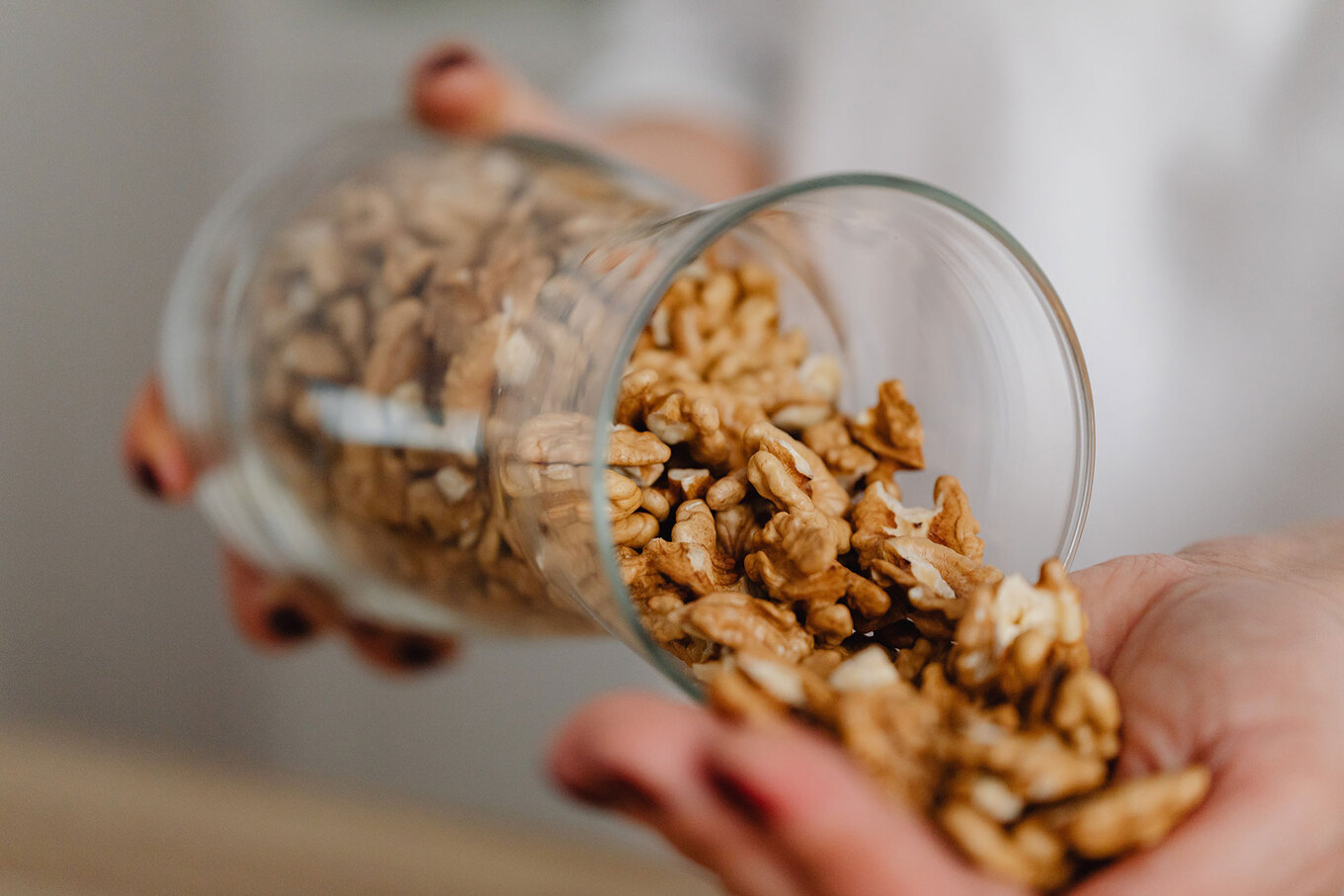A specific carbohydrate found attached to plant proteins is a food source for the bacteria in our gut, new research suggests. While fruit and vegetables are the best source of nutrients for a healthy gut microbiome (the collection of microbes that naturally live inside us), the study has discovered that a species of gut microbes use plant N-glycans—a type of complex carbohydrate found in plant foods—as nutrients.
Published in the scientific journal Proceedings of the National Academy of Sciences and led by researchers from the University of Birmingham and Newcastle University, the study used genomic data to identify specific enzymes produced by gut bacteria to break down the complex carbohydrate structures.
The major nutrients available to the human colonic microbiota are complex glycans derived from diet. Plant N-glycans are prevalent on proteins produced by plants and thus components of the diet, but the breakdown of these complex molecules by the gut microbiota had not been explored until now.

Karolina Grabowska
“We are still learning the role our gut plays in our overall health and so learning how microbes in our gut are able to use plant N-glycans is vital,” David Bolam, co-lead author of the study, said in a statement. “This has developed our knowledge both in terms of understanding how these sugars are broken down by the microbiota, but also to discover new enzymes that could be used to alter and analyze N-glycan structures for medical and industrial applications.”
Plant foods and gut health
Information about enzymes that are produced by the gut microbiome will enable researchers to better understand how to manage good gut health. Science has already discovered that an unhealthy gut microbiome can affect your immune system’s ability to fight back against harmful bacteria and disease-causing microorganisms in your gut, leading to health issues. Hence, the reason why the discovery of specific enzymes that nourish our gut bacteria can further this body of knowledge.
These enzymes also have biotechnological applications, such as reducing allergic responses to food and some medicines. And because plant sugars that the gut microbes feed on are associated with some allergies from pollen and plant-based foods, the study authors suggest that the enzymes could be harnessed to make some foods and medicines less likely to have allergic reactions.

Ella Olsson
“The gut microbiome is an incredibly important feature for human health, and this finding will enable us to better understand the microbiome,” Lucy Crouch, the study’s lead author, said in a statement. “By identifying the particular enzymes that these microbes use to digest their food, we can consider how future diets can be developed that promote a healthy gut, and as a result improve our general health.”
Plant-based meat promotes gut health
A similar study published in scientific journal Foods last year found that plant-based meats have a positive impact on gut health. The randomized, real-world study found that consumers who eat just five plant-based meals per week instead of meat-centric dishes experience an increase in the levels of a group of bacteria that produce butyrate, a fatty acid that promotes good digestive health and lessens inflammation to protect against disease.
The goal of the study was to find out if plant-based meats such as vegan burgers, sausages, and meatballs that are manufactured with plant-based ingredients and rich in vegetable protein, fiber, and phenolic compounds can elicit positive changes in the gut bacteria of consumers when used to substitute their animal-based product equivalents. While plant-based meat products by brands such as Beyond Meat, Impossible Foods, and Meatless Farm are classified by some consumers as “highly processed,” the process used to manufacture these plant-based products can still maintain their ingredients’ high nutrient profiles.

Meatless Farm
The study—which used plant-based meat products from vegan brand Meatless Farm—concluded that the findings are likely due to the products’ nutritional profile, specifically the fiber content which helps produce gut-friendly butyrate. The study also found a decrease in the potentially harmful Tenericutes bacteria, which indicates that plant-based offerings lead to holistic changes within the gut microbial ecosystem.
“This study is ground-breaking as it’s the first to indicate a direct correlation between plant-based meat offerings and changes in gut bacteria consistent [with] better gut health outcomes,” lead researcher Miguel Toribio-Mateas of the School of Applied Sciences at London South Bank University said in a statement at the time.
For the latest vegan news, read:
JUMP TO ... Latest News | Recipes | Guides | Health | Subscribe









